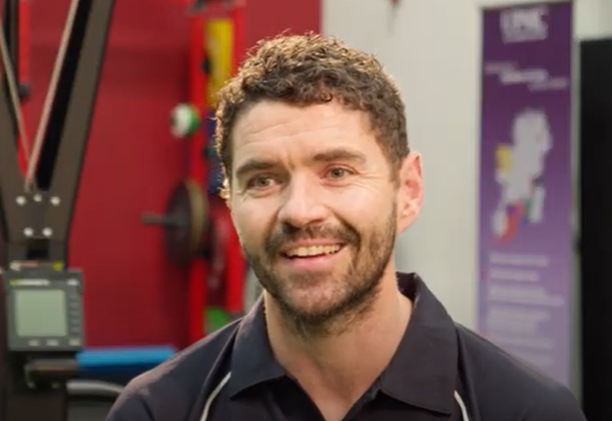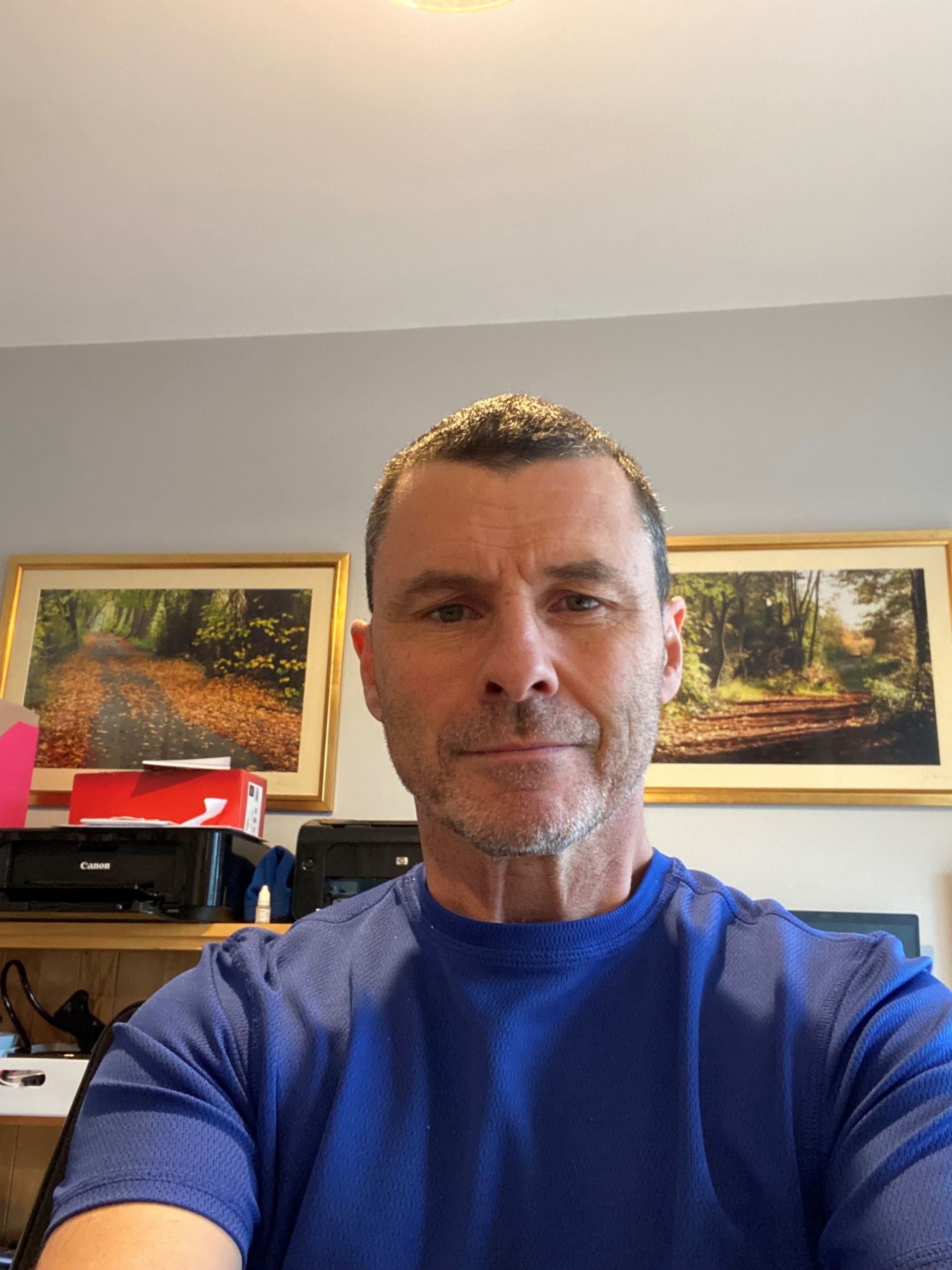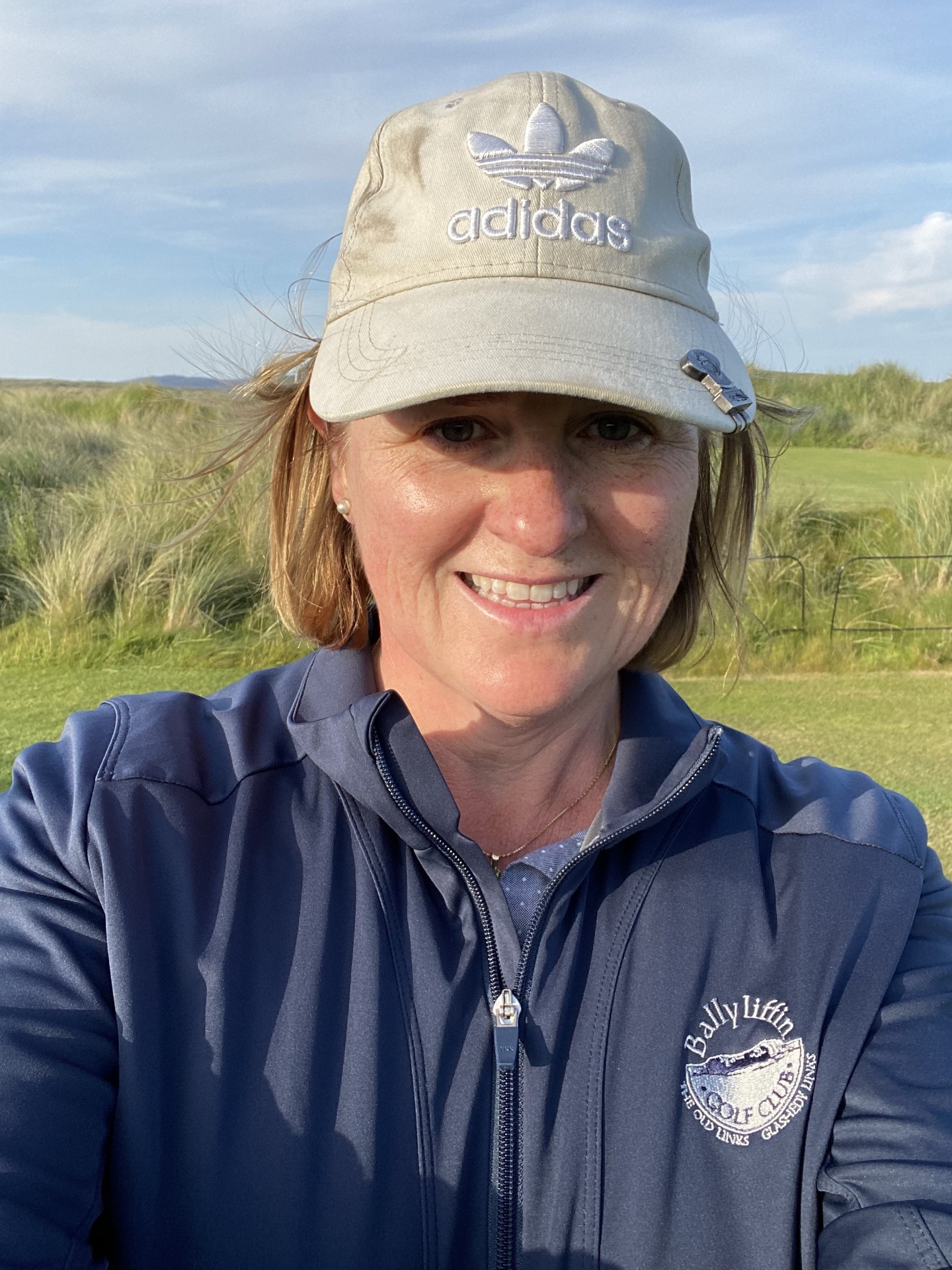Watch this video of Dr Neil Welch, Head of UPMC SSC Lab Services and Research at UPMC Sports Surgery Clinic’s Sports Medicine Department, discussing Training for Youth Athletes.
Neil is Head of Lab services and research at UPMC SSC where he has worked clinically delivering rehab and testing for 10 years. He has a PhD in the role of strength and power in rehabilitation and performance alongside his MSc in Strength and conditioning and BSc in Sports Science and physiology.
He is accredited through the UK Strength and Conditioning Association and has a vast array of experience coaching across multiple field and court sports.
Trying to get your child into regular physical activity, from an early age and encouraging them to do that consistently is a really important life skill from a social perspective, from a mental health perspective and from a broad physical health perspective, and then more broadly for society as you have a healthier population overall.
The sports that are beneficial for children are the ones they will do, so everyone has their own preferences, those preferences will sometimes come from their siblings, their parents but the most important thing is they enjoy it, so if they ever get to a stage where they are feeling like they want to move away from a certain sport or start trying other things then I think encouraging them to do that is important and giving them a bit of time away from sport periodically as well and particularly through adolescence when we get growth spurts and changes in body shape and body composition, it takes a little while before the athlete gets used to using that body. We don’t want to be doing too much, you want to be able to facilitate a couple of rest days every single week.
Essentially, we have two ends of the spectrum, we have a group of children who don’t participate in sport and we need to nudge towards it, on the other end of the spectrum you have athletes who are playing maybe multiple sports for multiple teams. Making sure there are a couple of days where they are not playing sport each week is important, that allows recovery for the individual to make sure the risk of injury is lowered.
When you have young athletes, who are very good they are asked to play a lot by a series of different coaches so actually beginning to prioritize and ultimately learning to say no to coaches sometimes is an important for the child and the parent to support them in.
Training tips from anybody anywhere in the world might look cool on Instagram but it might not be applicable to that individual, so I think guarding against poor information or controversial information maybe is probably one of the more challenging areas and that’s where like seeking out a strength and conditioning professional is probably a better approach than purchasing a program from an online practitioner somewhere in the world.
The big thing I would say when you go along to watch sport as a parent is to just let them play, you are not there to coach and the way they play isn’t a reflection on you as a parent, so brining them there and leaving them alone I think would be a recommendation.
Being able to find a balance between fostering competition and social participation is challenging for coaches when you have a larger team, maybe a squad of players that is a lot bigger then the amount you can get on to the pitch and particular with younger age groups then rotation is important giving everyone a chance to shine and not just putting the best players on the pitch. If 90% of your players are still playing in their 20s that’s a far more important statistic than winning more games when you are 14.
In terms of guidelines when trying to ensure safety for children that would apply to any field sports, so ensuring the right level of coaching experience and ensuring good warm-ups prior to training probably two big pieces of safeguarding children.
I think we have had a change in our environments where free play and physical development has been curtailed and because of that children don’t get the same exposure to jumping, landing, running, falling that maybe previous generations might have and then we parachute them into organized field sports at a later age and they don’t have the physical literacy to be able to do that and that increases the risk of injury, last year we saw a 50% increase in ACL surgeries here at UPMC Sports Surgery Clinic and that’s not just because of the market share I think there has to be some changes in the athletic preparation prior to playing field sport.
We have professional players coming in to visit us for testing and rehabilitation, if you are 50 years old and have a sore knee you will under go the same testing processes, if you are a young athlete same thing. Our thought process here is we should be applying the same principles that we do for the elite athletes to everyone.
|










